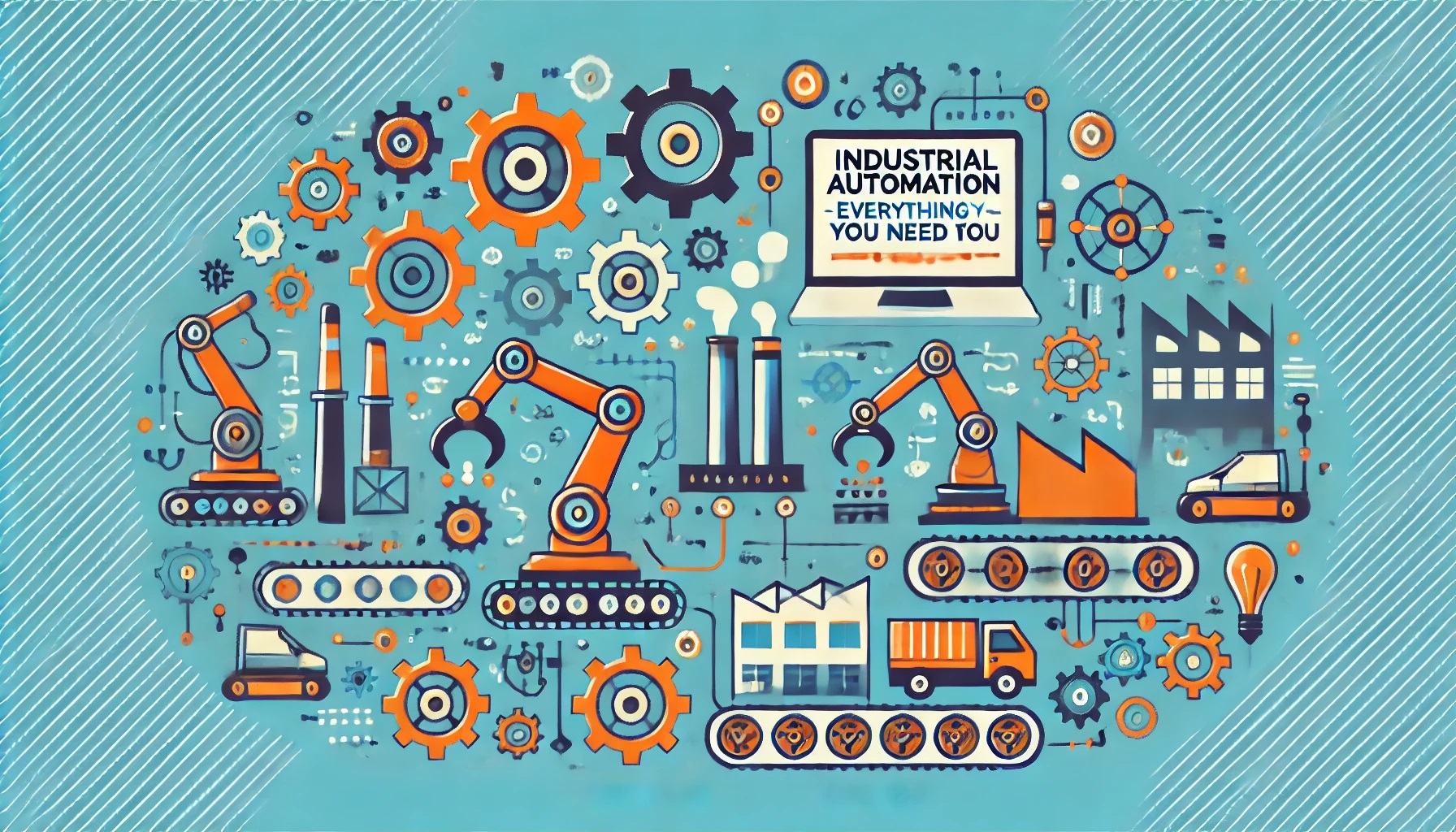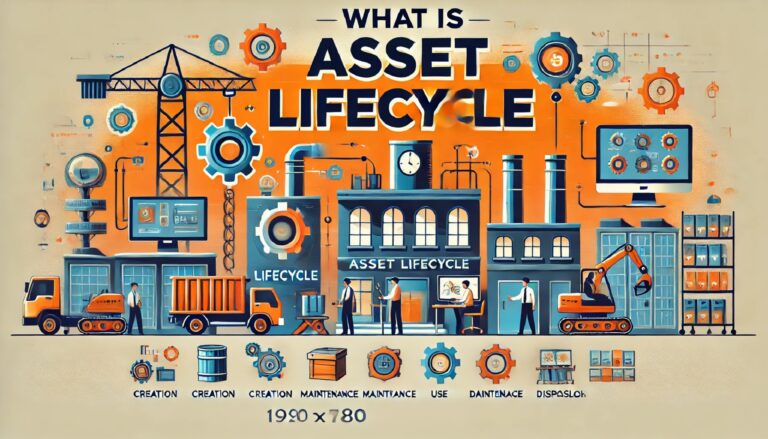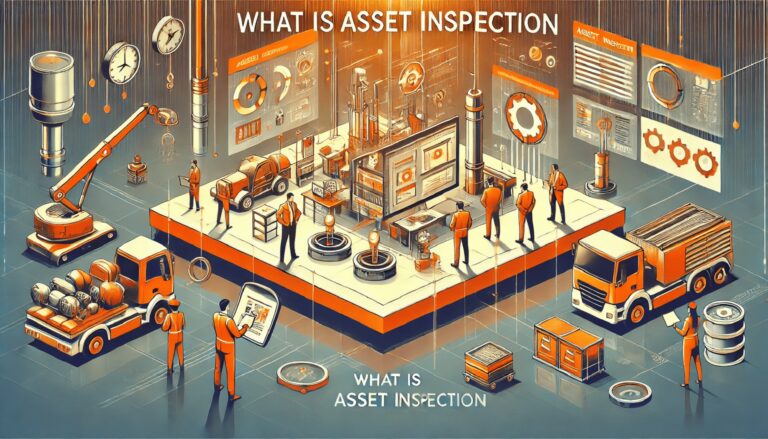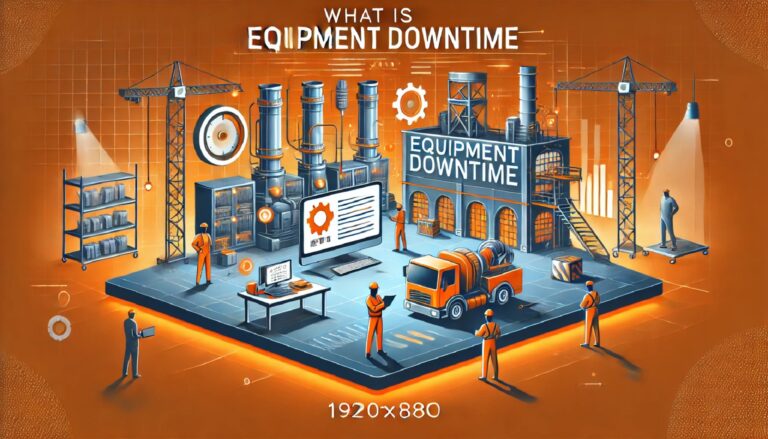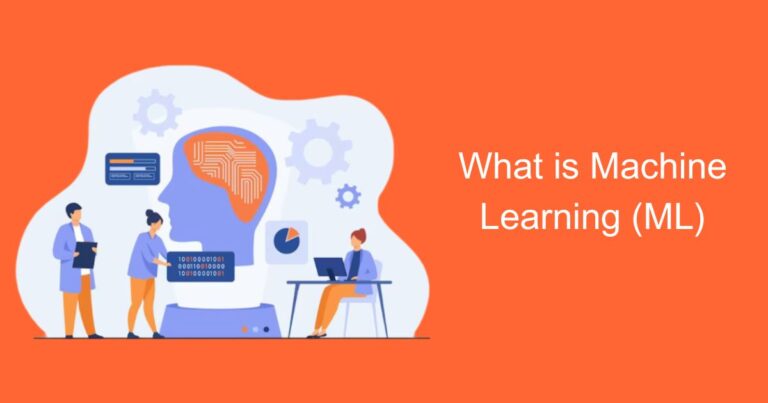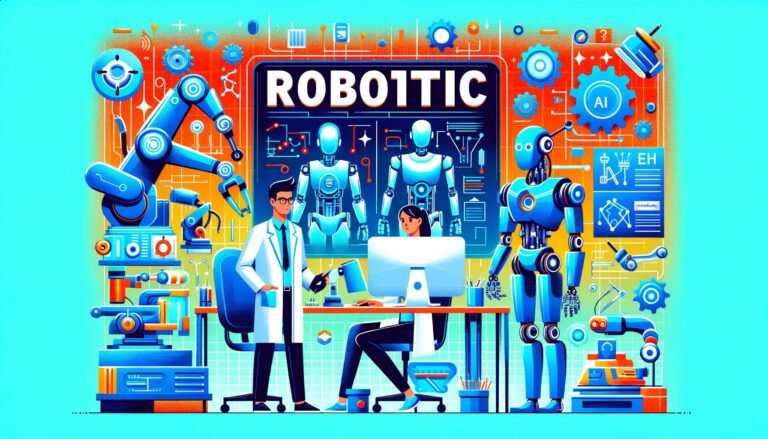Introduction
In the landscape of modern industry, the concept of automation has revolutionized productivity, efficiency, and safety across various sectors. Industrial automation, specifically, encompasses a broad spectrum of technologies and systems designed to streamline processes, reduce human intervention, and enhance overall operational performance within manufacturing and industrial settings.
Understanding Industrial Automation
Industrial automation refers to the use of control systems, such as computers or robots, and information technologies for handling different processes and machinery in an industry to replace human efforts. It spans a wide array of applications, from simple mechanisms to complex systems involving robotics, artificial intelligence (AI), and machine learning (ML). The primary objectives of industrial automation include improving productivity, quality, and safety while reducing costs and time.
Evolution of Industrial Automation in India
India, as a rapidly developing economy, has witnessed significant advancements in industrial automation over recent decades. Initially driven by the need to modernize manufacturing processes and meet global standards, Indian industries have increasingly adopted automation technologies to enhance competitiveness and efficiency.
Historically, industries in sectors such as automotive manufacturing, pharmaceuticals, textiles, and food processing have been early adopters of automation in India. The automation journey in these sectors began with basic control systems and has evolved to include sophisticated robotic systems, IoT-enabled devices, and AI-driven predictive maintenance solutions.
Key Technologies Driving Industrial Automation
Robotics:
Robots are extensively used in industrial settings for tasks ranging from repetitive assembly line operations to complex material handling and welding processes. In India, robotics has found applications in automotive manufacturing, electronics, and pharmaceutical industries, contributing to enhanced precision and productivity.
IoT and IIoT:
The Internet of Things (IoT) and Industrial Internet of Things (IIoT) have revolutionized industrial automation by enabling connected devices and sensors to gather, analyze, and transmit data in real-time. This technology is pivotal in monitoring equipment health, optimizing production schedules, and predictive maintenance, thus reducing downtime and improving efficiency.
Artificial Intelligence (AI) and Machine Learning (ML):
AI and ML algorithms are increasingly integrated into industrial automation systems to make data-driven decisions, predict equipment failures, and optimize energy consumption. In India, AI applications are transforming predictive analytics in manufacturing processes, ensuring higher quality outputs and cost savings.
Industrial Control Systems (ICS):
These encompass various control systems such as Distributed Control Systems (DCS) and Programmable Logic Controllers (PLCs) that automate processes like temperature control, pressure regulation, and flow monitoring. They are critical in maintaining operational parameters and ensuring consistent product quality.
Benefits of Industrial Automation
Industrial automation offers numerous benefits to Indian industries, including:
Improved Productivity:
Automation reduces cycle times and enhances production rates, leading to increased output without compromising quality.
Enhanced Quality:
Automated processes minimize human errors and variability, resulting in consistent product quality and adherence to stringent standards.
Cost Efficiency:
By optimizing resource utilization and reducing waste, automation lowers operational costs over time, contributing to better profitability.
Safety:
Automation removes workers from hazardous environments and tasks, thereby improving workplace safety and reducing occupational risks.
Challenges and Future Outlook
Despite the transformative benefits, the adoption of industrial automation in India faces challenges such as initial capital investment, skilled labor requirements for maintenance and operation, and the need for customized solutions to suit diverse industry needs.
Looking ahead, the future of industrial automation in India is promising. With advancements in AI, robotics, and IoT, industries are poised to achieve higher levels of automation, efficiency, and competitiveness on a global scale. Government initiatives such as “Make in India” and the focus on digital transformation are further catalyzing the adoption of automation across sectors.
Conclusion
In conclusion, industrial automation represents a pivotal shift in how Indian industries operate and compete in the global market. From enhancing productivity and quality to ensuring safety and sustainability, automation technologies continue to redefine manufacturing processes across diverse sectors. As India progresses towards becoming a manufacturing hub, the integration of advanced automation solutions will play a crucial role in driving growth, innovation, and economic prosperity. By leveraging cutting-edge technologies and embracing digital transformation, Indian industries can navigate challenges and harness the full potential of industrial automation to propel themselves into a future of sustainable development and global leadership.


